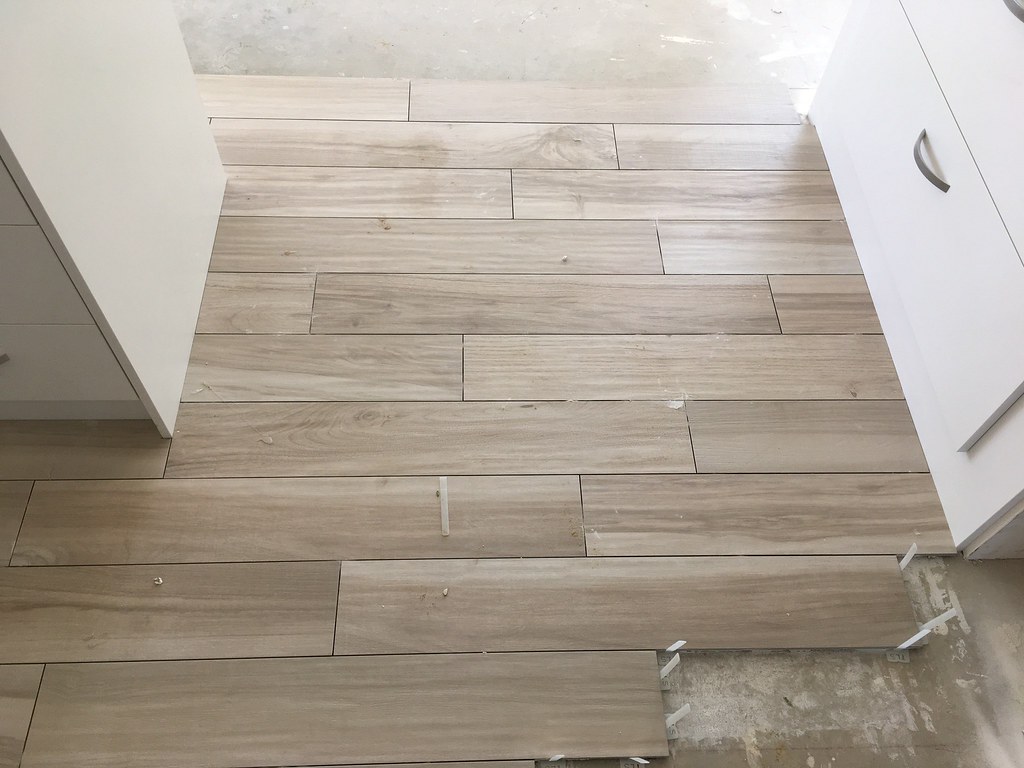The Path to Liberation: Four Roads to Freedom
The dictionary definition of liberation is “to become free, to gain one’s freedom.” Liberation isn’t handed to us on a silver platter. To feel free, we must embark on our own journey, create our truth, and savor what it means to “be ourselves”—often through sweat, tears, and grit. Without effort, even in the world’s most “free” country, we may still feel trapped, suppressed, or stuck. Let’s explore four paths toward liberation. Your journey may take different turns, and that’s beautiful.
Embracing Adulthood
Adulthood grants us the power to act, behave, and make decisions independently. Children and teenagers lack this autonomy, relying on caregivers. Research shows the human brain matures fully around age 25. This milestone isn’t just biological—it’s about owning responsibility, making sound choices, and steering life intentionally. In our youth, incomplete brain development often leads to risky choices. By our mid-20s, self-awareness blooms.
To be an adult means to foresee consequences, take accountability, and shape your life without harming others.
It’s easy to blame others for every setback, much like blaming parents as adolescents. Yet adulthood shifts this dynamic: legal and physiological maturity empower us to act. True freedom begins with reclaiming agency over your life.
Liberation isn’t doing whatever you want; it’s charting your course despite limitations.
2. Breaking Free from Rigid Habits
Habits and rituals anchor us—until they become prisons. Healthy routines foster balance, but clinging to them stifles growth. We avoid change because familiarity feels safe. Stale jobs, unchanging routines, or outdated traditions can trap us in comfort zones. Yet life, like our bodies and emotions, constantly evolves.
Liberation demands embracing uncertainty. Stepping beyond the known—even without guarantees—cultates freedom.
3. Releasing Expectations
Goals and relationships naturally breed expectations. But fixation on outcomes restricts us. We split life into “success” or “failure,” trapping ourselves in binary thinking. True freedom lies beyond this duality. Happiness and meaning need not depend on specific results.
Liberation means flowing with life’s unpredictability, tapping into the present’s potential.
4. Doing What You Must, Not Just What You Want
Pure freedom isn’t about endless indulgence—it’s resilience amid life’s demands. Adulthood (as in Step 1) prepares us to tackle challenges while staying true to ourselves. Unwanted tasks—work drudgery, difficult conversations—test us. Navigating them mindfully builds strength. Resistance and struggle shape liberation.
Bonus: Confront Your Fears
Even in paradise, unaddressed fears—failure, rejection, embarrassment—chain us. Fear is an internal prison. Name your fears, trace their roots, and seek help. Don’t let fear control you.


